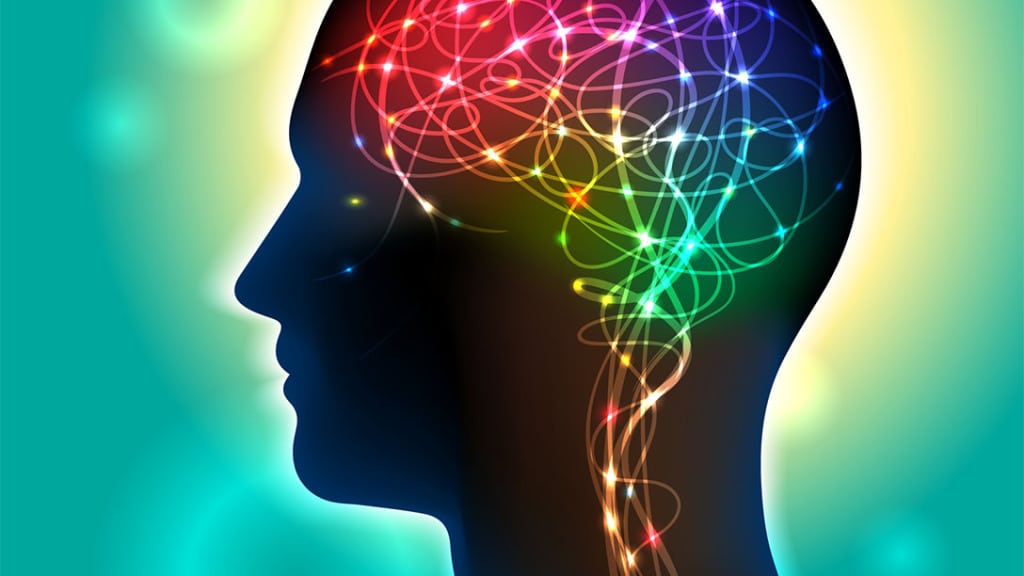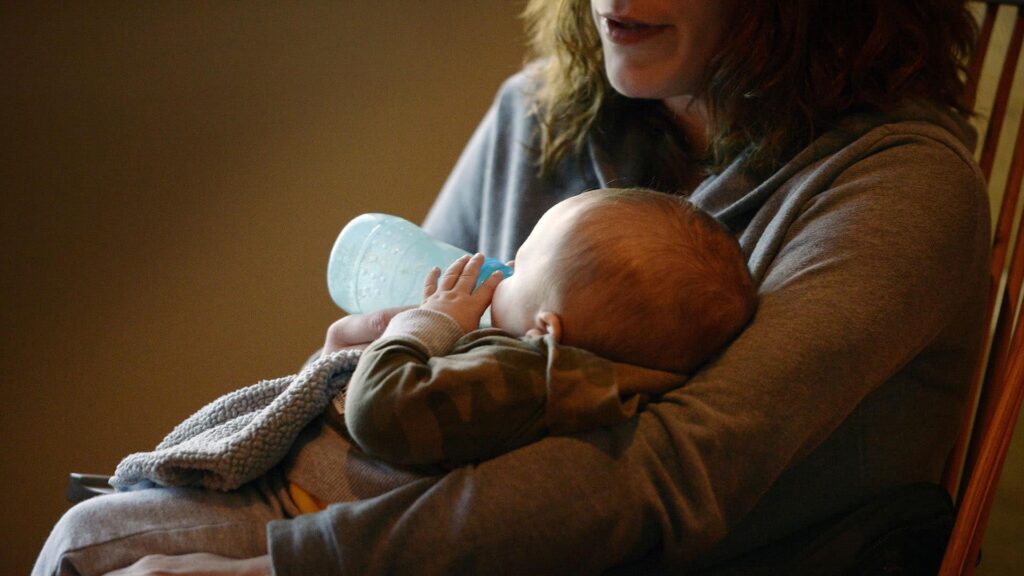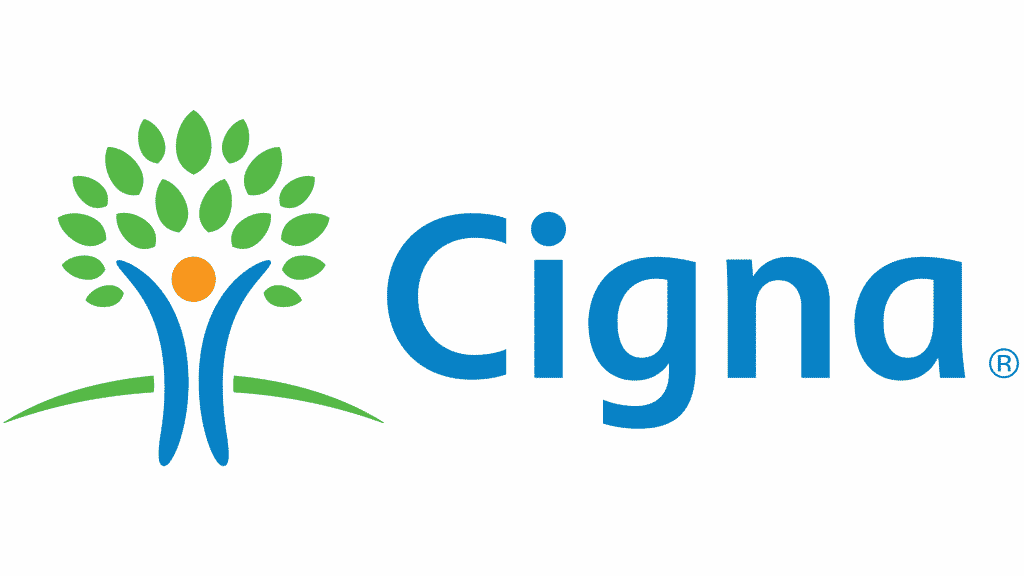
How Long Does It Take To Rewire The Brain From Addiction?
In addiction drugs and alcohol change the milieu in the human brain. They affect the neurotransmitters (brain chemicals) and change the neural pathways (circuits). When a person first starts using drugs, the brain tries to maintain a balance. However, over time, the changes caused by drugs and alcohol become the norm as the brain adapts.
Areas Of The Brain Affected By Addiction
An illicit drug can artificially flood the brain with the neurotransmitter dopamine, the brain reduces dopamine production in response. High levels of dopamine become the new normal. In the absence of the drug, the brain tries to correct what it perceives as an imbalance. With time, these changes lead to alterations in brain structure, chemistry, and function.
Physical Proof In Brain Scans
Not only do drugs and alcohol change the chemical milieu of the brain, but they also cause structural changes. Brain scans in drug-addicted individuals show that the flow of dopamine to different areas of the brain changes in individuals who misuse drugs. Dopamine flow is reduced in areas associated with decision-making and risk-taking behaviors. Dopamine levels also change in areas associated with feelings of pleasure, making it more likely that a person will take drugs again and again.
Tennessee addiction studies have also found that parts of the brain that can potentially stimulate cravings are highly active in drug abusers. These changes explain why people with substance use disorders can relapse during or after addiction treatment. When exposed to triggers, the active areas can lead to strong drug cravings, increasing the likelihood of relapse.
Addiction research in Tennessee has found that certain pathways in the brain are especially vulnerable to getting rewired in individuals who abuse drugs and alcohol. As a result of the rewiring, the individual is more likely to continue consuming illicit substances.
The brain rewiring process
To achieve long-term sobriety and recovery from addiction, a recovering addict must go through a brain rewiring process. This is essentially a re-programming of brain function so that there is a change in drug-seeking behaviors. Until the rewiring process is complete, the person continues to struggle with relapses.
In substance-addicted individuals, certain stimuli tell the individual that they should take drugs to escape reality or withdrawal symptoms. The rewiring process teaches the brain to react differently to the same negative stimuli. For example, if feelings of sadness make a person want to drink alcohol, then sadness is the stimulus that drives a person to drink. The brain rewiring process teaches the brain to interpret feelings of sadness as something that can be managed by speaking to a loved one or a therapist. So, rewiring the brain is simply retraining the brain to function differently in response to triggers.
How long does it take for the brain to rewire?
How long it takes the brain to rewire from drug addiction depends on various factors, such as the substance being abuse, the duration and severity of the substance abuse, and the type of rehab program. For example, some substances like cocaine are highly addictive substances, making it more challenging to re-configure the brain. In general, the longer a person has abused drugs and the more severe the drug abuse, the longer it takes to rewire the brain. An evidence-based rehab program can speed up the rewiring process by employing an integrated multi-disciplinary approach to addiction treatment.
In some people, the brain rewiring process can take a month. In others, it can take several months. The good news is that the human nervous system is neuroplastic, meaning it can change for the worse and the better. Brains that have been harmed by substance abuse can unlearn the negative behaviors. The important thing to understand is that addiction recovery is not a magic pill that can make the dependence disappear overnight.
Evidence-based addiction treatment at Magnolia Ranch Recovery
Studies have shown that the brain can and does adjust back to normal or baseline during and after addiction treatment. Research shows that an integrated approach that includes medically managed detoxification, medication management, and behavioral therapies, along with incorporating things like meditation, yoga, and mindfulness into addiction treatment has the best outcomes with the least risk of relapse.
At Magnolia Ranch Recovery in Tennessee, our individualized rehab programs are designed to change the brain’s chemical processes, physical structure, and wiring during recovery. The treatment programs are designed to re-train the brain with different forms of therapy such as cognitive-behavioral therapy and dialectical behavioral therapy. These therapies help recovering addicts create alternate brain circuits and thinking patterns that aid them in adjusting to a sober life. The support of other recovering addicts during the inpatient program teaches individuals to deal with common triggers and find new, healthy ways to deal with difficult emotions and stressful life circumstances.
If you or someone you love is struggling with addiction, know this – the brain can heal from the aftermath of chemical dependency. Tennessee addiction experts suggest 90 days as a general estimate for rewiring the brain, but everyone is different. Talk to us today and find out how your brain and body can recover with the support of our experienced behavioral healthcare team.


















